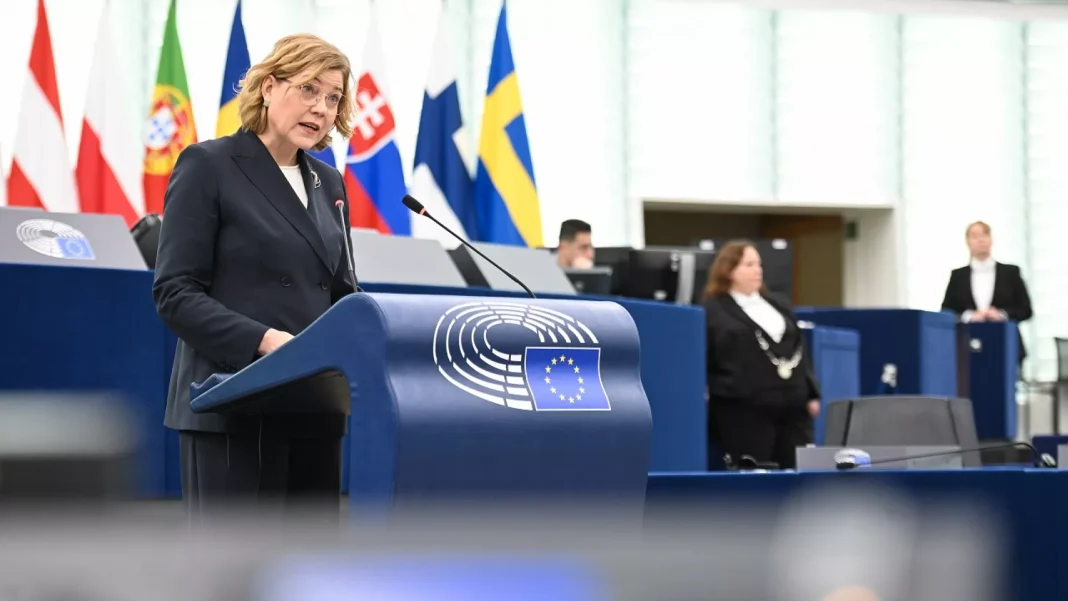April 07, 2025
A coalition of civil society and consumer advocacy groups is urging the European Commission to introduce new AI liability rules, following the withdrawal of the proposed AI Liability Directive (AILD). In a letter sent Monday to EU Tech Commissioner Henna Virkkunen and Consumer Affairs Commissioner Michael McGrath, organizations including BEUC, Mozilla, and Article 19 stressed the urgent need for legislation to close legal gaps and offer fair, straightforward compensation for individuals harmed by AI systems.
The appeal comes just ahead of a key debate on the issue this week. The groups argue that without a harmonized framework, the EU risks regulatory fragmentation and weakened consumer trust in artificial intelligence.
The Commission announced in its 2025 work program that it would drop the AILD due to the lack of political consensus, despite the proposal’s original goal of ensuring unified redress mechanisms for AI-related harm across member states. First introduced in 2022, the directive has seen little progress, prompting renewed pressure for alternative action.
The letter warns that without EU-wide AI liability rules, compensation for harm caused by AI systems will vary unfairly across the bloc. “Certain national regimes might adequately protect consumers and individuals affected by AI, but not all do. This leads to an unfair scenario where people harmed by an AI system in one member state would have better chances at being compensated than those located in a different member state,” it states.
While existing laws like the revised Product Liability Directive (PLD) also cover AI, the signatories argue that significant legal gaps remain unaddressed.
EU Tech Commissioner Henna Virkkunen is scheduled to discuss the issue with the Legal Affairs Committee on 9 April. Although the AI Liability Directive has not yet been officially withdrawn, the European Commission plans to do so by August when its final 2025 work program is published.
The issue remains contentious, with lawmakers divided and member states yet to adopt a formal position.
(Source)
